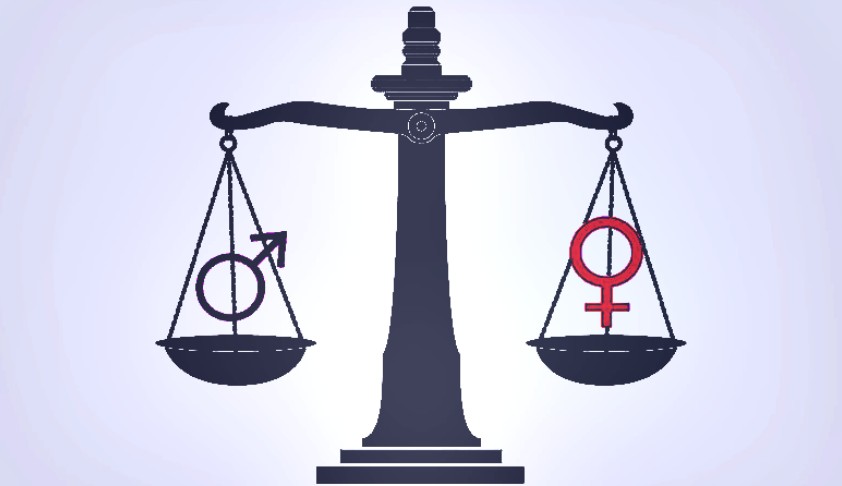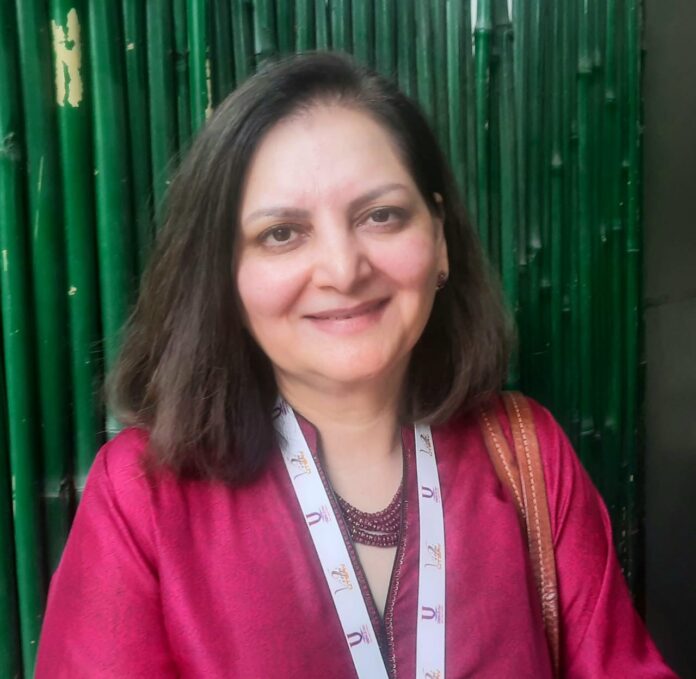Payal Chawla is a trailblazer in the legal field, distinguished as the founder of JusContractus, a pioneering all-women law firm based in Delhi. With a robust focus on commercial transactions and disputes, particularly in arbitration and corporate law, Payal has cemented her reputation as a leading figure in the legal arena.
Her accolades speak volumes about her expertise and influence. In 2015, Forbes India identified Payal as one of the “thinkers to watch out for,” recognizing her innovative approach to legal practice. The following year, she earned the prestigious title of “Corporate Lawyer of the Year” for India, bestowed upon her by Corporate Live Wire Legal Awards. Additionally, she was honored as “Partner of the Year-Female” at the esteemed Annual IDEX Legal Awards.
Payal’s dedication to excellence extends beyond her professional achievements. As a Rotary Scholar and Russel Baker Fellow, she embodies a commitment to scholarly pursuits and intellectual growth. Her contributions have been recognized globally, including receiving the University of Chicago International House Grant.
In addition to her legal practice, Payal plays an active role in shaping the legal landscape. She serves on the Board of Directors of the Nani Palkhivala Arbitration Centre, demonstrating her dedication to advancing alternative dispute resolution mechanisms. Her experience as an independent director for esteemed organizations such as Jamna Auto Ltd. and Ballarpur Industries underscores her astute business acumen.
Moreover, Payal’s involvement in significant judicial commissions underscores her commitment to social justice. Her participation in the Judicial Commission led by Hon’ble Justice Usha Mehra (Retd.) in the Nirbhaya rape tragedy reflects her dedication to addressing critical societal issues through legal advocacy.
Through her leadership, Payal has not only shattered glass ceilings but has also paved the way for other women in the legal profession. Her visionary approach, coupled with her extensive experience and unwavering dedication, cements her status as a formidable force in the legal community.
Payal Chawla, in a special interaction with The Interview World, highlights the gender gap within the legal field. She explains her motivation behind establishing an all-women law firm and emphasizes the significance of technology in enabling better work-life equilibrium for women. Additionally, she offers valuable advice to aspiring young female lawyers. Here are the main points from her interview.
Q: It’s almost 101 years passed since 1923 that women got licensed to legal practice after the passing of the Legal Practitioners (Women) Act, XXIII of 1923 abolishing the bar on women from practicing law. What is your take on it?
A: For men, a century might seem like an eternity, but the glaring inequities faced by women in the professional sphere are undeniably evident. Women grapple with significant challenges in this domain, primarily due to the relentless struggle to strike a balance between their careers and personal lives. This intricate balancing act, often referred to as the “Tetrad Hex” issue, highlights the disproportionate workload borne by women, amounting to four times that of their male counterparts. Compounded by the disparity in wages, women find themselves compelled to exert double the effort to achieve parity.
Moreover, the financial strain is exacerbated by the fact that women typically bring home less income, further intensifying their burden as they shoulder additional domestic responsibilities. This multifaceted challenge, as I’ve frequently underscored, presents itself in four distinct ways, making it a formidable obstacle to overcome for women striving for equality in both the workplace and at home.
Q: What motivated the establishment of an all-women law firm?
A: One pivotal motivation behind the inception of our all-women law firm was the imperative to cultivate a secure environment for women within the workplace. Here, they have the opportunity to learn and grow within a truly equitable setting. This nurturing space not only empowers women but also equips them with the skills and confidence necessary to effectively compete in the broader professional sphere. However, it’s crucial to acknowledge the reality that beyond our confines, women frequently encounter male-dominated environments, whether as opposing counsel or in other professional arenas. Despite this external challenge, our firm remains steadfast in its commitment to supporting and championing women’s success.
Q: What specific technological advancements are empowering women lawyers to effectively achieve work-life balance in their professional careers?
A: In my personal opinion, I believe that there’s significant merit to the idea that physical workspaces are no longer a necessity in today’s world. For instance, one of my colleagues exclusively works from home, showcasing the flexibility afforded by this arrangement. This flexibility enables individuals to effectively balance their time between work and familial responsibilities, such as caring for children and managing household chores.
Moreover, the advent of cloud storage and tools like Dropbox and Google Drive has revolutionized the way we handle files. These platforms offer accessibility to files from anywhere with an internet connection, greatly enhancing productivity and collaboration. So, undoubtedly, the advantages are abundant.
Q: What advice would you offer to younger women lawyers seeking to navigate and succeed in the legal profession?
A: Perseverance stands as the cornerstone of progress. Amidst life’s challenges, surrendering is not an option. To cultivate equitable environments, relentless effort becomes paramount. Each step forward is a testament to resilience, a refusal to be deterred by obstacles. Through unwavering dedication, we pave the path towards inclusivity and fairness. It’s about continuously advocating for what is right, even when the journey seems arduous. Only by persistently working towards our goals can we claim our space and demand recognition. With determination as our compass, we navigate through adversity, forging a future where everyone has the opportunity to thrive.



